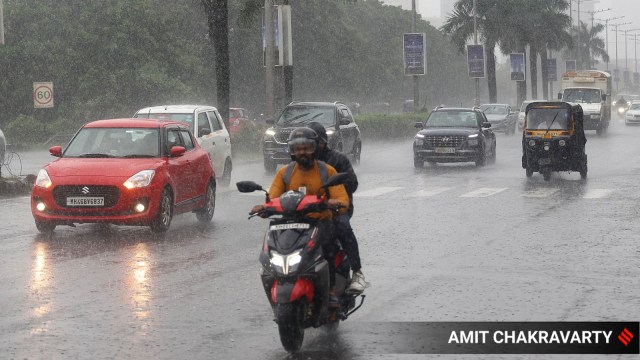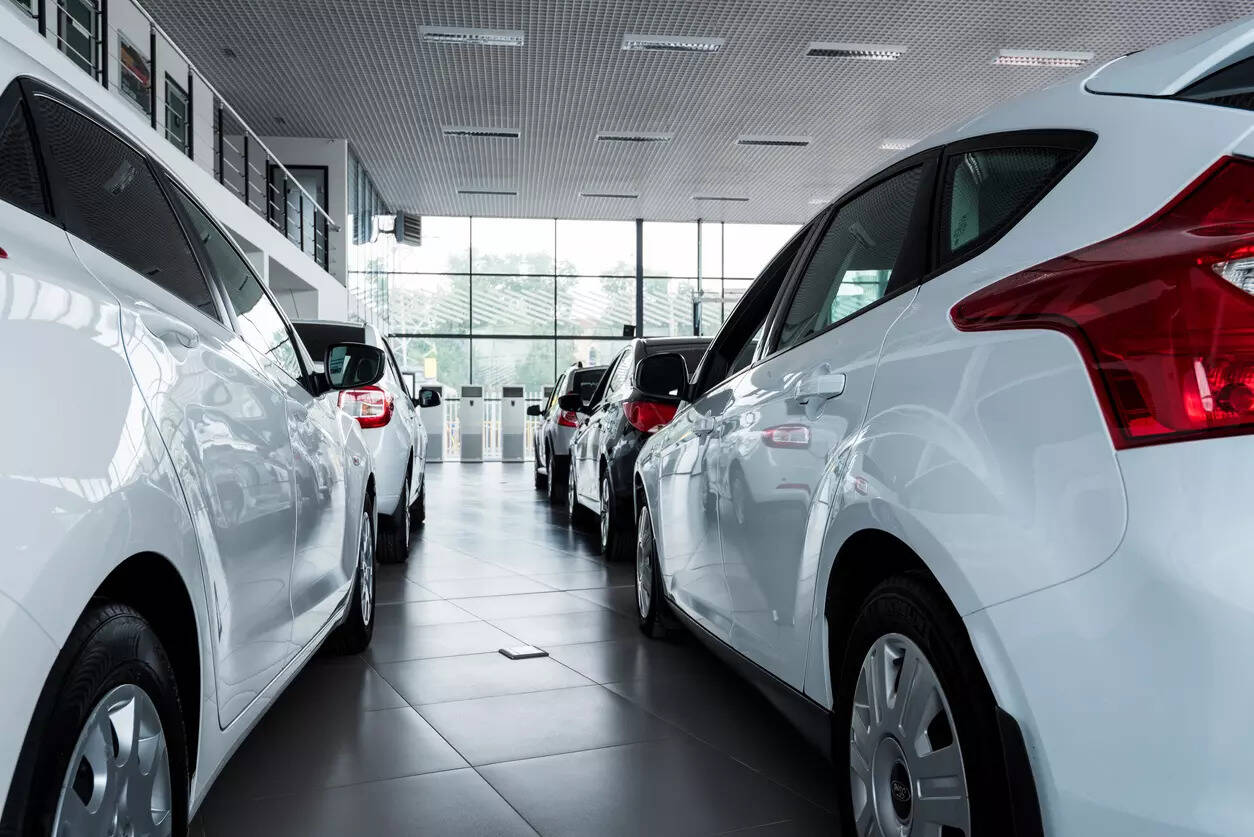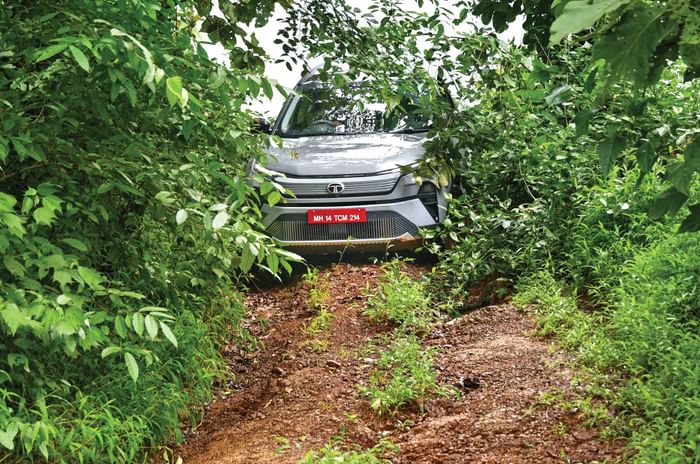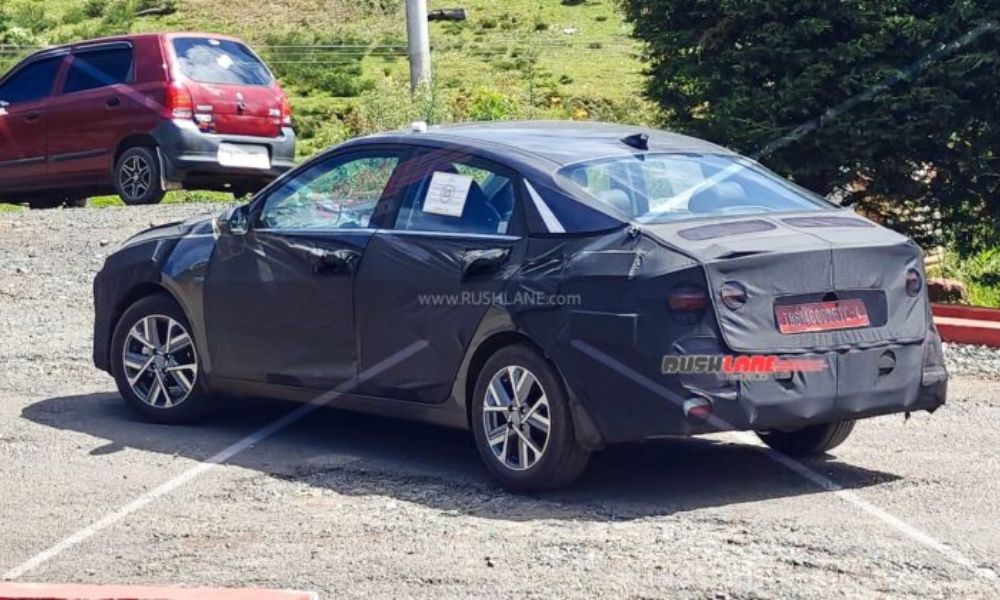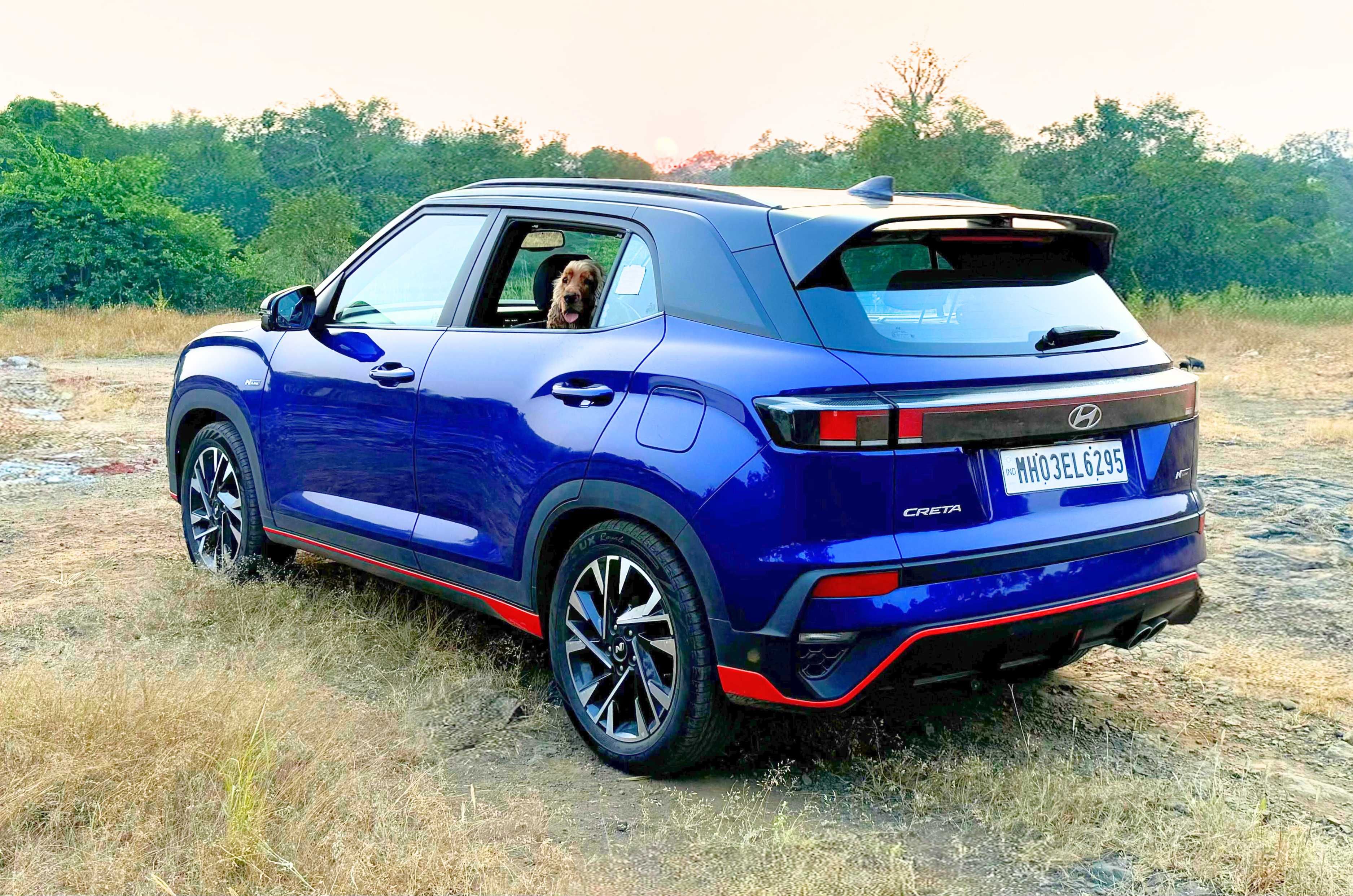 For SUVs of less than ₹10 lakh, customer benefit is the most after the GST rate cut.
For SUVs of less than ₹10 lakh, customer benefit is the most after the GST rate cut.Amid the ongoing debate over whether entry-level small cars will stage a comeback in the GST 2.0 era, hatchbacks will maintain their market relevance despite the global trend of “SUVisation” across the auto industryaccording to the automotive dealers’ body Federation of Automobile Dealers Associations.
While the country’s largest carmaker Maruti Suzuki Indiawhich enjoys a dominant position in the small car segment, expects about 10 per cent growth in the segment after the GST rate reduction, its rival Hyundai Motor India feels that micro SUVs like Exter and Punch will grow at the cost of hatchbacks as consumer preference has evolved.
“This ‘SUVisation’ of the industry is happening throughout the world. It is not because India has bad roads…this whole thing about SUVs is not going to go away. It is going to be there for quite some time to come,” Federation of Automobile Dealers Associations (FADA) President CS Vigneshwar told PTI.
He, however, said that while SUVs give a purpose of comfort, style and safety, “hatches will have their own space because some people still want the hatches”.
Vigneshwar was responding to a query on how the dealership fraternity sees the future of entry-level small cars, which have become affordable post-GST rate cut, after witnessing declining sales in the past few years.
Apart from the continued existence of buyers for small cars, he said, the other main reason is that many manufacturers are continuing to offer multiple products in the segment, keeping the market alive through competition unlike in the mid-size sedan segment, which has been squeezed.
“SUVs in every category, and hatchbacks in one or two categories, you will have literally every OEM with multiple products sometimes. So, this is going to happen. Hatches will exist, and SUVs will exist,” Vigneshwar said, adding that it is the sedan market which is getting squeezed.
According to industry estimates, from FY19 to FY25, wholesales of entry-level small cars have declined by over 60 per cent to 1.44 lakh units from 3.7 lakh units. On the other hand, the overall passenger vehicle wholesales during the period grew by 28.5 per cent to 43.38 lakh units from 33.77 lakh units.
Earlier, Maruti Suzuki India Senior Executive Officer, Marketing & Sales, Partho Banerjee had stated that while domestic passenger vehicle sales growth is likely to come back to around 7 per cent from the next fiscal, for the small car segment, the expectation is around 10 per cent growth.
A combination of factors, including income tax relief on annual income of up to ₹12 lakh, transmission of the impact of repo rate cuts by the RBI, resulting in lesser EMIs, and the GST rate reduction, will help in making small cars more affordable, thereby encouraging two-wheeler riders to upgrade, he had noted.
On the other hand, Hyundai Motor India Ltd Whole-time Director and Chief Operating Officer Tarun Garg argued that the GST rate reductions from “28 plus 1 per cent” and “28 plus 3 per cent” to 18 per cent are not restricted only to hatchbacks, and extend to other categories, which are benefiting.
“(The micro SUVs) Exter and Punch never existed four years back. The maximum sales are still in the ₹6-10 lakh segment. The only difference is that earlier, hatches used to sell there. Today, SUVs are selling there (due to changing aspirations of customers) …It is not as if suddenly, because the GST has gone down, aspirations will die…,” he had noted.
For SUVs of less than ₹10 lakh, customer benefit is the most after the GST rate cut, he asserted.







